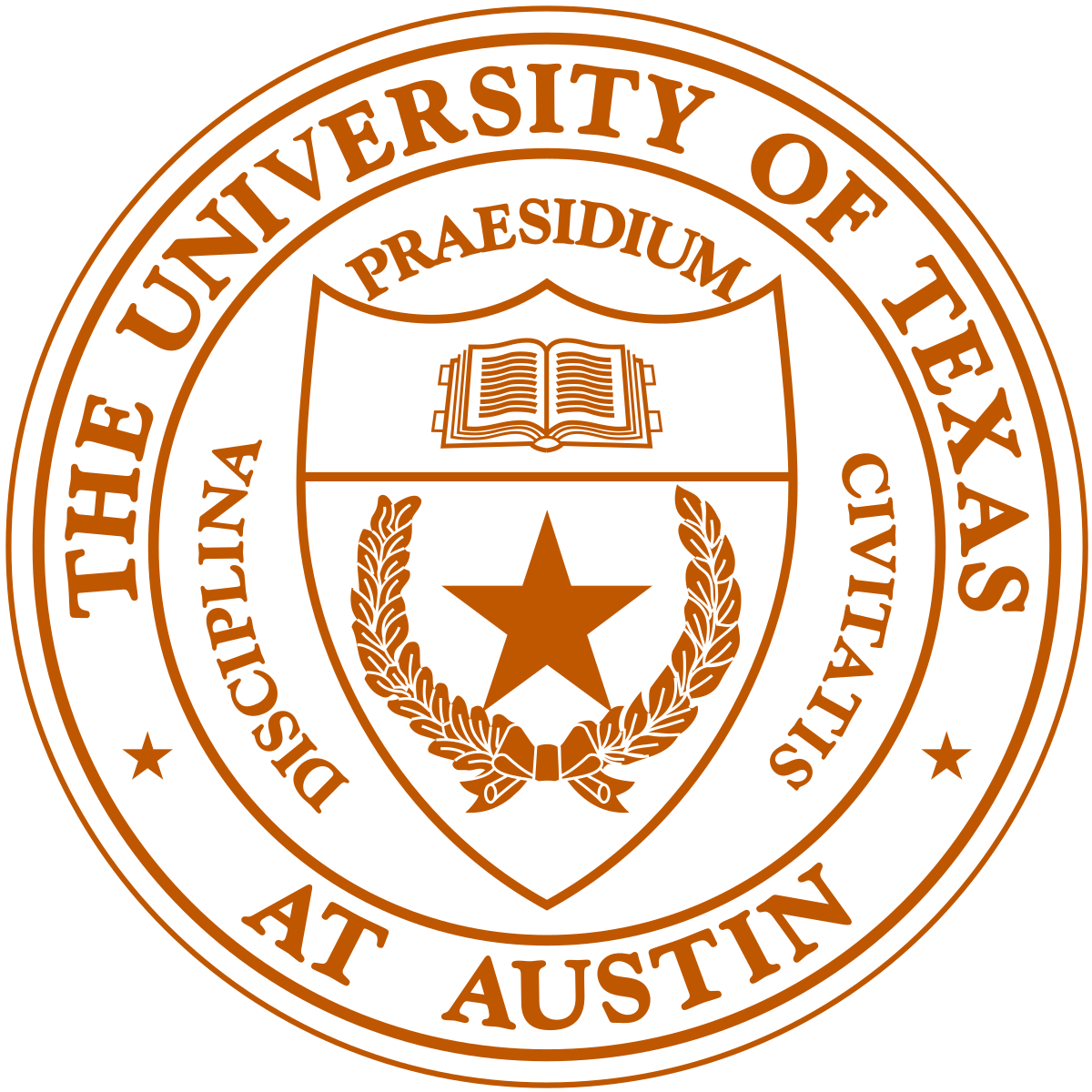Texas Coronavirus Scientists Win Award for Research with ‘Great Societal Benefit’
The world’s largest multidisciplinary scientific society has announced that Jason McLellan, a University of Texas at Austin associate professor in the Department of Molecular Biosciences, and Daniel Wrapp, a graduate student fellow, were among seven winners of this year’s Golden Goose Award. Supported by members of Congress from both parties and a coalition of businesses, universities and scientific societies since 2012, the prize this year went to scientists “whose federally funded research has had a significant impact for the response and treatment of COVID-19.”
The American Association for the Advancement of Science (AAAS) cited winners’ contributions that led to the development of promising vaccines, antibody treatments and other efforts to thwart COVID-19. McLellan and Wrapp received recognition for work with scientists in Belgium and elsewhere to engineer an antibody produced by llamas for use in fighting the current coronavirus. The pair also collaborated with researchers at the National Institutes of Health’s Vaccine Research Center to develop a stabilized spike protein now used as an antigen in many leading vaccines to fight the current coronavirus, SARS-CoV-2.
These were two of three projects that received 2020 Golden Goose Award recognition. It is the first time a scientist has received recognition in more than one Golden Goose Award.
“These dedicated academic researchers and their colleagues provided the vital foundation that was necessary for many of the vaccines and treatments that hold great promise for humanity today,” said Paul Goldbart, dean of UT Austin’s College of Natural Sciences. “It is fortunate for us all that, not only was the seed corn of basic research planted long ago, here at The University of Texas at Austin and beyond, but that these scientists have worked tirelessly all year to ensure the arrival of vaccines, treatments and knowledge to curb the coronavirus crisis.”
In this year’s award announcement, organizers noted that it is too soon to know the full impact of the winners’ groundbreaking research, but “recipients demonstrate how scientific advances resulting from foundational research can help respond to national and global challenges.” Each year the award honors scientists whose research may have sounded odd or obscure when first conducted but has since resulted in significant benefits to society. The coalition that created the Golden Goose Award in 2012 did so as a counterpoint to criticisms of basic research as wasteful federal spending (a notion once embodied by the so-called Golden Fleece Awards given by the late Sen. William Proxmire).
Rep. Jim Cooper (D-Tenn.), who initiated the idea for the Golden Goose Award, indicated that COVID-19 provides an opportunity to appreciate science and the need to ensure “more scientists can do more great work to help lead our nation, our world and our universe forward.”
Two fellow winners of Golden Goose Award recognition this year — Kizzmekia Corbett and Barney Graham, both at the National Institutes of Health (NIH)’s Vaccine Research Center — collaborated with McLellan and Wrapp on both the stabilized spike protein work and the llama antibody research. Other winners this year were Emmie de Wit and Vincent Munster at the NIH and James Crowe at the Vanderbilt Vaccine Center.
Honorees will be recognized at a virtual awards ceremony today at 3 p.m. CT.
McLellan, who holds the Robert A. Welch Chair in Chemistry, and his team, which includes Wrapp, received federal support for the two research projects via the National Institute of Allergy and Infectious Diseases, the National Institutes of Health and the Department of Energy’s Argonne National Laboratory. State and philanthropic funding also support the team’s research, which requires use of the Sauer Structural Biology Laboratory, a facility funded in part by the Cancer Prevention and Research Institute of Texas (CPRIT).

